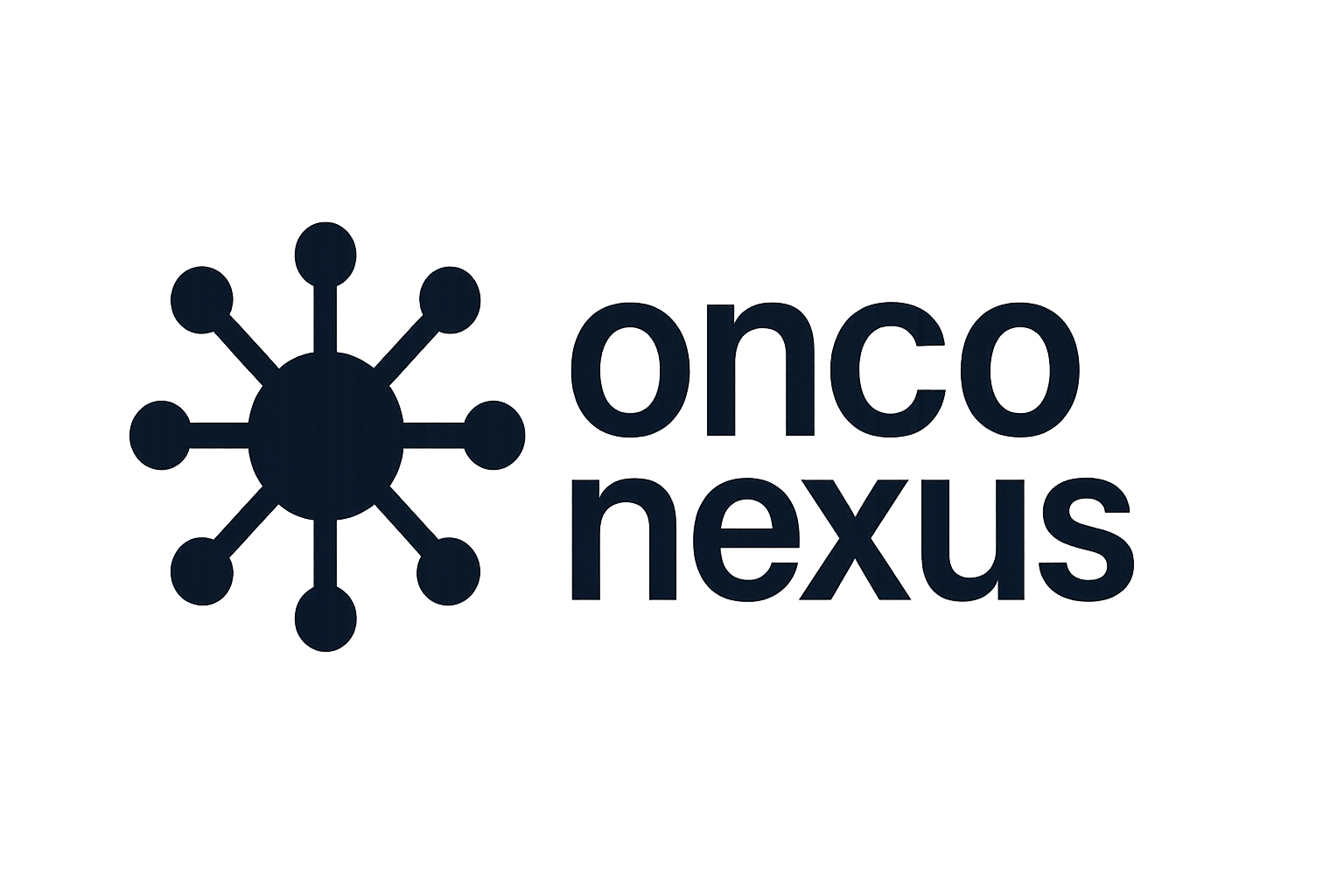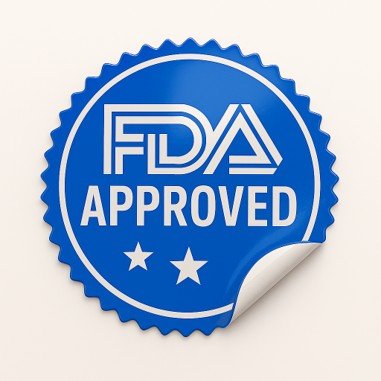

Mosunetuzumab shows promising activity in two challenging lymphoma subtypes: achieving 88% ORR (79% CR) in post-BTK inhibitor mantle cell lymphoma when combined with polatuzumab, and 78% ORR (64% CR) as monotherapy in untreated marginal zone lymphoma. Both regimens demonstrated manageable safety profiles suitable for community practice settings.

Study Design & Population
- MCL Study: Phase II trial, 42 patients with relapsed/refractory mantle cell lymphoma
- Median age 68 years, 75% male, median 3 prior therapies (range 2-9)
- 100% prior BTK inhibitor exposure, 25% prior CAR-T, 33% prior stem cell transplant
- MZL Study: Basket trial cohort, 36 patients with untreated symptomatic marginal zone lymphoma
- Included splenic, nodal, extranodal, and gastric MALT lymphoma subtypes
Key Findings
- MCL combination therapy: 88% ORR, 79% CR rate, median PFS 18.6 months
- Time to response: 2.7 months (any response), 2.8 months (complete response)
- 12-month PFS 75%, 12-month OS 83%, estimated median OS 20.7 months
- MZL monotherapy: 78% ORR, 64% CR rate, 12-month event-free survival 83.6%
- Response rates consistent across risk groups (63-100% ORR, 46-100% CR)
- 92.3% of responses ongoing at 12 months, 100% of CRs ongoing
Clinical Implications
- Provides effective “off-the-shelf” treatment option for post-BTK inhibitor MCL patients
- Subcutaneous administration enables community practice delivery
- First dedicated evaluation of mosunetuzumab in untreated MZL with encouraging efficacy
- May serve as bridge therapy before or after CAR-T cell treatment in MCL
Limitations
- Relatively small patient cohorts (42 MCL, 36 MZL patients)
- Short median follow-up periods (15.9 months MCL, 18.2 months MZL)
- High infection rates in MCL study (71% patients, including 12% fatal infections)
- Limited long-term durability data for both indications
Source: https://www.medpagetoday.com/meetingcoverage/soho/117371



